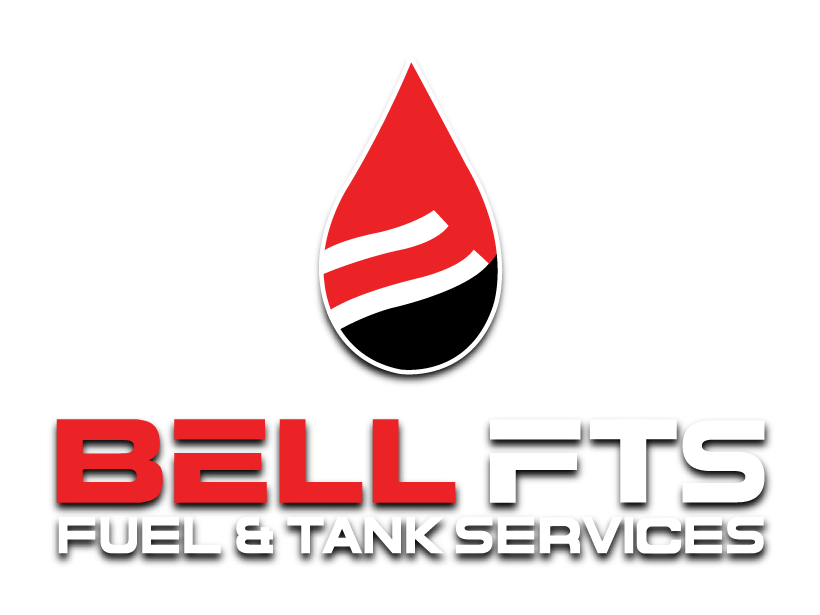Emergency
Preparedness
Hospitals. Critical care agencies. Telecommunications. Government and municipal emergency response installation. Essential businesses who are vital to the functioning of our communities, such as utilities, pharmacies and grocery stores.
All these groups - essential entities providing vital services in our society - populate the universe of fuel users who need to manage stored fuel supplies in advance of emergency situations.
For other groups like delivery fleets, the value of fuel comes from its role in helping them do business and generate revenue. But for these other "mission critical" groups, the value of fuel for them lays in its role in enabling them to respond to emergency situations that might otherwise hurt and devastate they serve.
Perhaps the very definition of mission critical, hospitals are required to maintain enough backup fuel to make sure their emergency generators can supply the power needed for the facility to continue providing critical care to those that need it, for at least 72 hours. Exactly how long depends on the state. The same requirement applies for other healthcare facilities like nursing homes - especially if they're in an area like Florida, where something as simple as air conditioning has meant the difference between life and death. Lives are on the line every day!
Public utilities (also mission critical) need to make sure they can service their customers and constituents 365 days a year, no matter what the weather. Like hospitals, their backup fuel plays an essential role in this.
Stored Fuel Waiting For An Emergency
By nature, emergencies are unpredictable and uncommon. So fuel sits in storage, waiting for long periods of time until it’s needed.
When this time comes, it has to be ready to perform, because the costs of failure loom largest in emergency situations. Those caught in the middle of disasters like Superstorm Sandy and Hurricane Katrina won’t soon forget how the essential services they needed - hospitals and critical installations - were affected by emergency generators that couldn’t run because their stored fuel was bad and not able to sustain critical operations. Nobody had been checking the viability of the fuel.
Nor will the unfortunate residents and their families forget the Florida nursing home that did not have backup fuel to power their air conditioning systems in the summer heat following a hurricane.
Excuses Don't Help. Action Does.
The professionals in charge of mission-critical backup systems aren't people looking for excuses. They just want things to work when they’re needed.
The same can be said for businesses like grocery stores, cellular companies, pharmacies, and public utilities. Their customers need water, power, groceries, medicines, communication and internet service – that’s what they expect, 100% of the time. Excuses don't help when emergencies threaten those essential services.
Backup Systems Don't Malfunction Because Of The Equipment
When emergency backup systems and generators don’t run, it’s not usually because the machinery is broken. It’s almost always because the stored fuel went bad in some way that meant it couldn't properly power the systems needing to use it.
The good news here is that the common causes of this fuel failure – water in the fuel and the impacts of microbes in storage tanks – these are easy to address with a little preventive maintenance and treatment. Grandma had it right when she used to say..."An ounce of prevention is better than a pound of cure."
The bad news is that a lot of places don’t think to attend to these potential emergencies until there’s already a major problem - apart from certain critical use installations like hospitals that are required by regulation to do regular fuel checks and to document the health of their fuel.
For everyone else, it’s out of sight, out of mind.
Some questions come to mind
What fuel properties do these groups need to be concerned with, to check? What are the consequences of not meeting these fuel standards from an operational standpoint? Many times, the cost of prevention far outweighs the cost of failure.
Helpful Resources
What's My Fuel Health Score?
Webinar

Fuel Changes and How They Affect You
Webinar

The Fuel Additive Buying Guide
Whitepaper

Top Ways Microbes Cause Fuel Headaches for Government Agencies
Tip Sheet

Top Ways Microbes Cause Fuel Headaches for Generator Owners & Dealers
Tip Sheet

The Art of Avoiding Budget Headaches for Municipalities
Whitepaper

Fuel Checklist for Stored Fuels
Checklist

The Essential Fuel Tests You Need To Know About
Tip Sheet

Hurricane Preparation Fuels Guide
Whitepaper

Your Fuels Checklist For Hurricane Preparation For Business
Checklist

Condition Testing for Mission Critical Fuels
Webinar

The Fuel Tests You Need To Know About
Webinar






